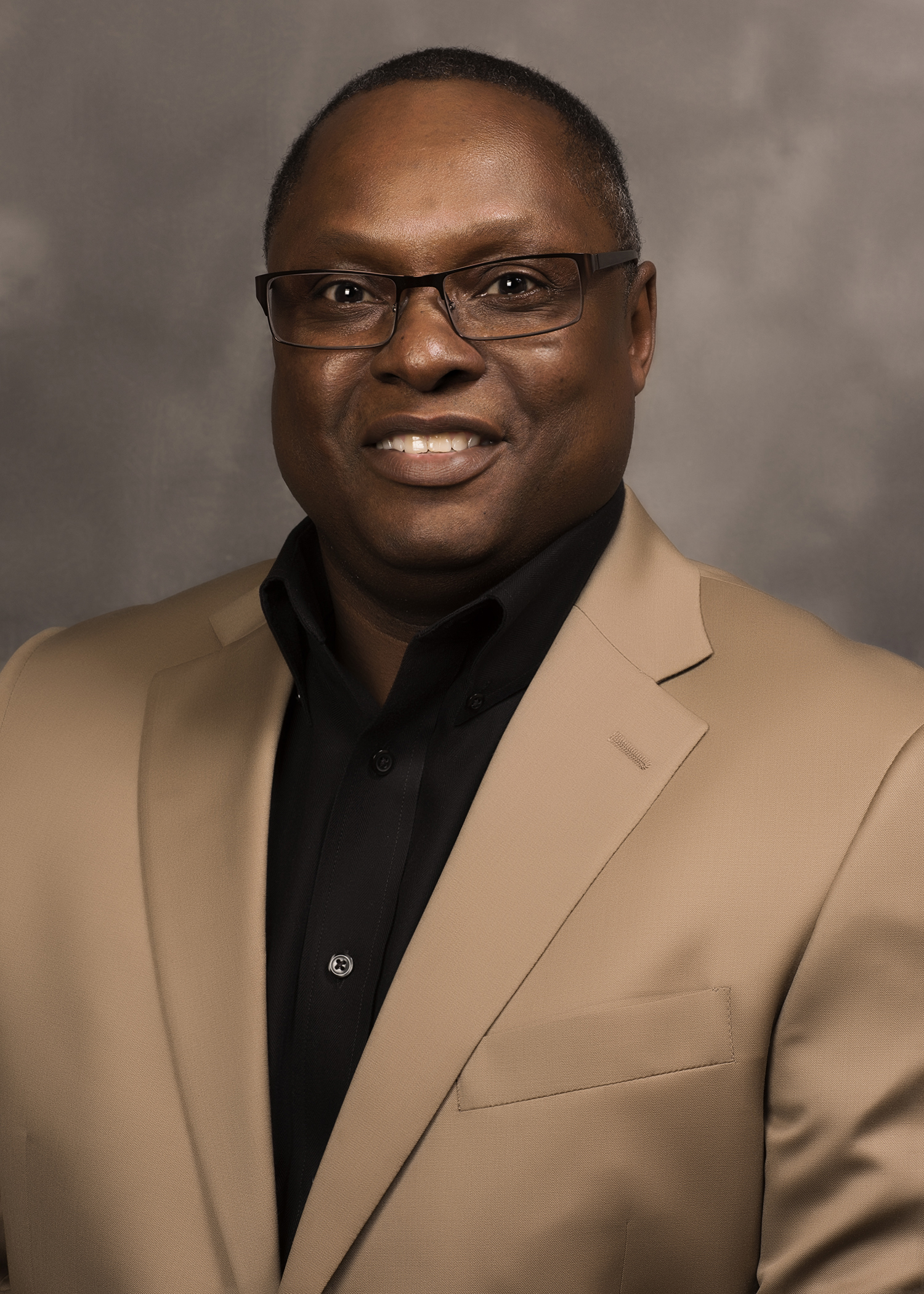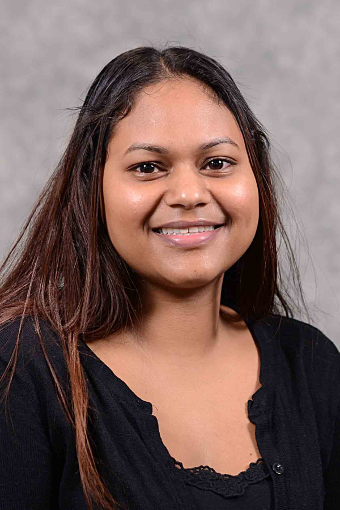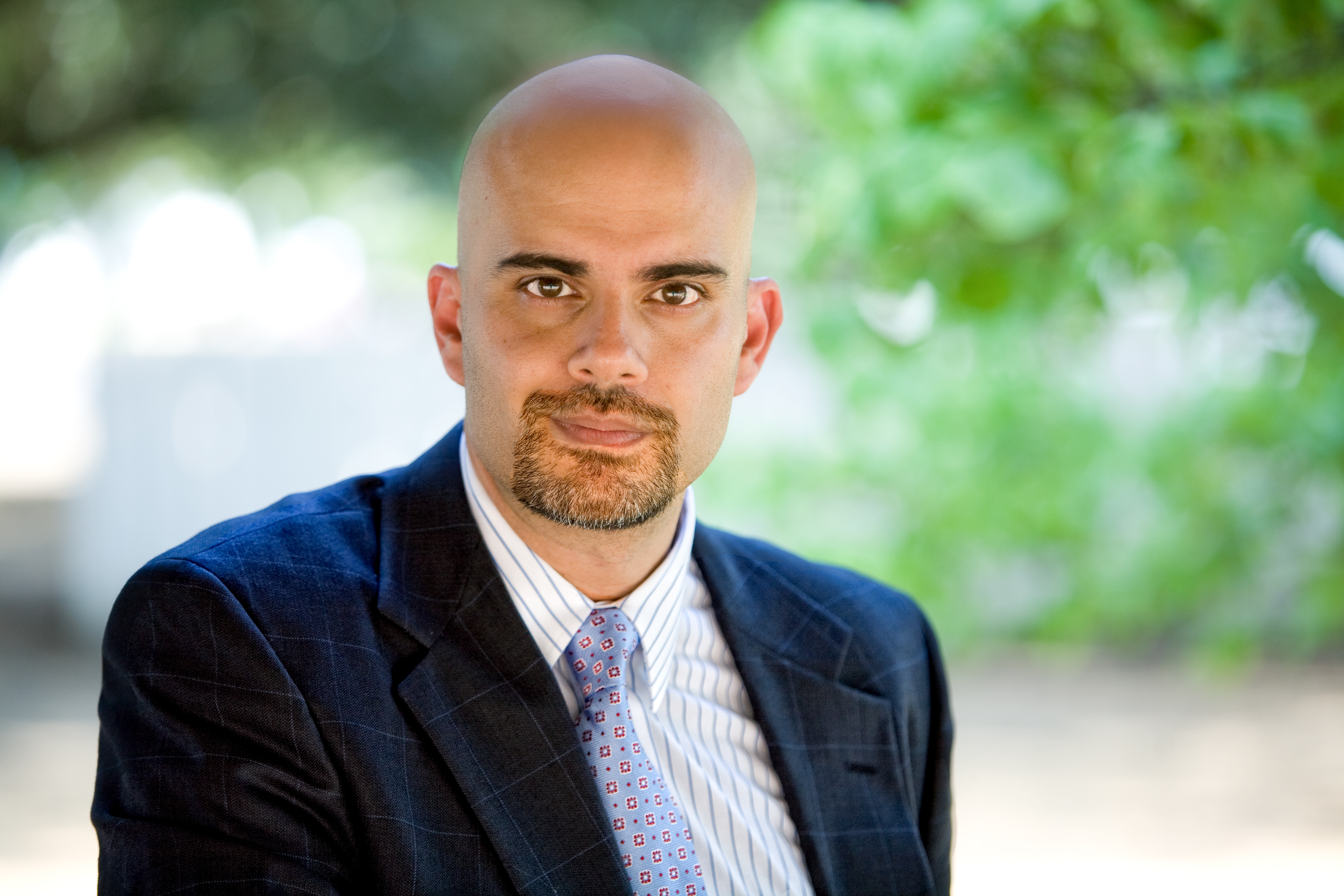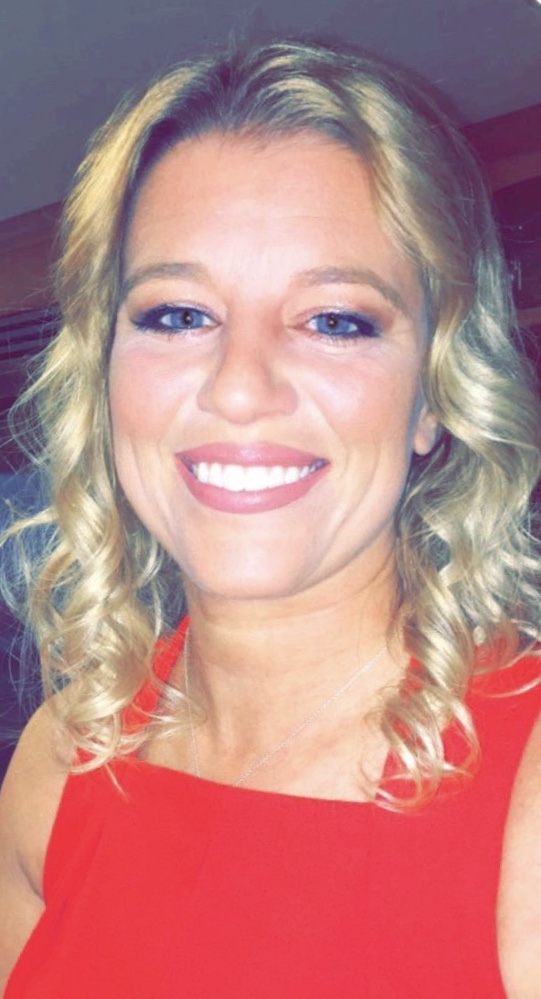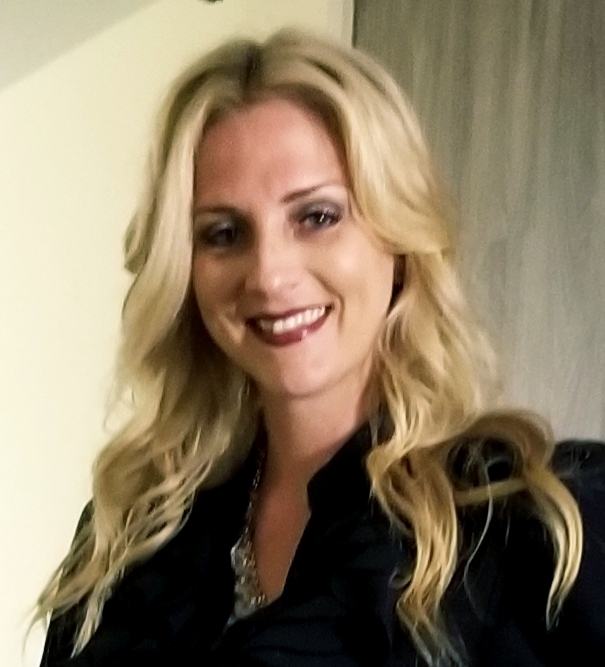Omar Manejwala, MD, is senior vice president and chief medical officer and responsible for overseeing Catasys clinical affairs, where he leads new product development efforts. Dr. Manejwala is a psychiatrist, a distinguished fellow of the American Psychiatric Association and a fellow of the American Society of Addiction Medicine. He has extensive addiction experience and a passion for integrated treatment approaches. Previously, Dr. Manejwala served as medical director at Hazelden. Prior to Hazelden he was the associate medical director at the Farley Center and the executive chief resident in Psychiatry at Duke University Medical Center. He graduated from the University of Maryland, School of Medicine and earned his MBA from the University of Virginia’s Darden School. He is the author of Craving: Why We Can’t Seem to Get Enough (Hazelden Publishing). Learn more at manejwala.com.
Dr. Omar Manejwala is passionate about bringing the science of addiction to light. Better understanding of addiction and self-destructive behavior can help everyone involved in this devastating disease—from addicts and family members to doctors and treatment centers. Whether he is involved in treating one addict or speaking to millions via national media outlets, Dr. Omar is quick to connect the dots between brain science and behavior. He believes that by properly treating, and even preventing addiction, we can save lives—not just the lives of addicts, but in many ways also the lives of their families, friends, and loved ones.
As one of the nation’s leading experts on addiction medicine, substance abuse and mental illness, Dr. Omar offers insight and analysis on news developments related to addiction and mental health. He has appeared on national and international television networks, and has been featured via radio and print media. He speaks to audiences about how they can leverage insights from brain and behavior science to change our habits and our lives. Through his work as an addiction speaker, he is able to chip away at the stigma behind addiction and mental health, which often stops people from pursuing wellness. In his latest book, William Cope Moyers says, “Dr. Manejwala knows addiction medicine inside and out.” And Drew Pinsky, M.D. (Dr. Drew) says, “Whether it’s a minor sugar craving or a serious threat to relapsing with drugs and alcohol, Dr. Manejwala explores the root causes of cravings and ways to combat them.”
Dr. Omar didn’t set out to become a substance abuse counselor or expert on addiction, but after losing one of his best friends to addiction in 2004, he chose to dedicate his personal and professional life to making a difference in the lives of people touched by addiction. His personal connection gives him a unique compassionate edge as he works with addicts. In his practice, he found he could often help patients who had already been written off by other doctors. In many ways, he learned as much about how to treat addiction from his patients and their loved ones as he did from the science.
Dr. Omar has spent his career studying and innovating in the fields of psychiatry and addiction. He graduated from the University of Maryland School of Medicine, and was the Executive Chief Resident in Psychiatry at Duke. He is a fellow of the American Psychiatric Association and a diplomat of the American Board of Addiction Medicine. He served as the Medical Director for Hazelden Foundation, one of the nation’s oldest and largest addiction centers. While there, he developed and launched a treatment program for healthcare professionals, treating over 350 clients in just 18 months. He was also able to drive large improvements in benchmarked patient satisfaction metrics.
Presentation(s):

